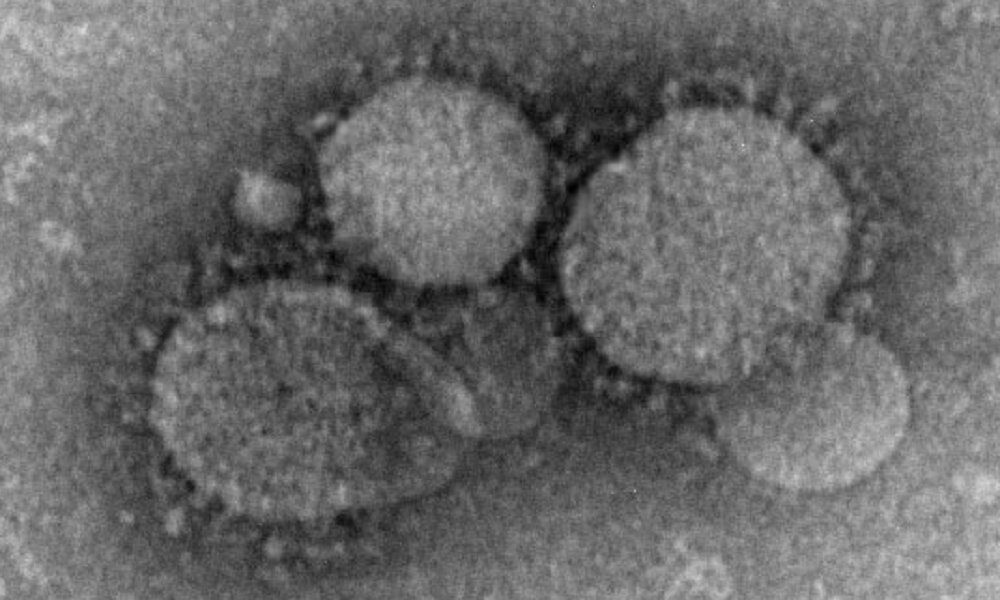Saudi Arabia has reported four new cases of Middle East respiratory syndrome (MERS), a coronavirus which first emerged about 12 years ago, according to health officials. Two of them were caused by human-to-human transmission.
According to a statement from the World Health Organization on Thursday, three of the cases were found in Riyadh between April 10 and April 17. The index case, a 56-year-old school teacher, had no clear history of exposure to MERS risk factors.
The teacher first developed symptoms – including a fever, cough, a runny nose and body aches – on March 29. He went to the emergency room of a local hospital on April 4 and was taken to the ICU on April 6, where he died the following day.
“The case had underlying health conditions, including hypertension and chronic renal failure requiring hemodialysis,” WHO said. He had no recent history of exposure to camels, which are the natural host of MERS coronavirus.
After the man’s test results came back, investigators tested dozens of people and found two more cases among patients at the hospital, including a 60-year-old man who shared a room with the teacher on April 4. He developed a fever two days later and was subsequently admitted to the ICU.
The third case, also a 60-year-old man, went to the emergency room on the same day as the index case, though he was ultimately admitted to a different room. He developed shortness of breath on April 10 and was transferred to the ICU on April 15, after which he tested positive for MERS.
Both the second and third case were still in the ICU in late April, according to WHO‘s report. Their current condition has not been released.
Saudi Arabia also disclosed another case in the city of Taif, about 457 miles (736 kilometers) southwest of Riyadh. The fourth case, a 32-year-old man, had recent contact with camels and passed away on February 17.
MERS coronavirus emerged in the Middle East in 2012 and has so far infected 2,613 people in 27 countries, including 941 people who died. There’s no vaccine or treatment for MERS although several vaccines and therapeutics are currently in development. Treatment is supportive and based on the patient’s symptoms.
Cases of the deadly virus have been relatively low in recent years with only 5 cases reported in Saudi Arabia in 2023 and 5 more in 2022. The largest outbreak happened a decade ago, in 2014, when 663 people were infected in Saudi Arabia, where more than 80% of global cases have been found.
Humans are typically infected from direct or indirect contact with dromedary camels, which are the natural host of the MERS coronavirus. There have also been confirmed cases of human-to-human transmission but most of them were limited to health care settings or close contacts.
While some researchers have expressed concern about the possibility of increased human-to-human transmission, and potentially a pandemic, the World Health Organization assesses the overall risk of MERS to be “moderate” at both the regional and global levels.

Sarah Carter is a health and wellness expert residing in the UK. With a background in healthcare, she offers evidence-based advice on fitness, nutrition, and mental well-being, promoting healthier living for readers.








